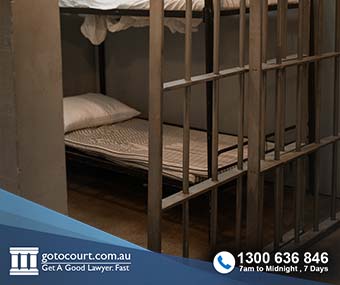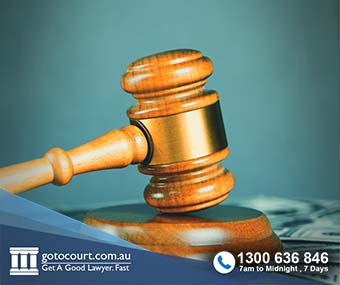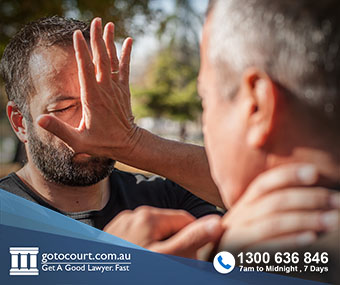Murder and Manslaughter (SA)
The offences of murder and manslaughter are among the most serious criminal offences a person can be charged with. The law surrounding murder and manslaughter are different in each state and territory. In South Australia, murder and manslaughter are governed by the Criminal Law Consolidation Act 1935.
Murder
Murder is an offence under section 11 of the Criminal Law Consolidation Act. It is punishable by a maximum penalty of life imprisonment.
To find a person guilty of murder, a court must be satisfied beyond a reasonable doubt that:
- The victim has died;
- The defendant’s act contributed significantly to their death;
- The defendant intended to kill or cause grievous bodily harm to the victim, or knew that it was probably that their act would cause death or grievous harm or put another person in danger with reckless indifference to their life;
- The defendant acted unlawfully.
While murder is usually the result of a positive act taken by the defendant, in limited situations it can be the result of an omission. An example of this is where a person leaves their child to starve to death.
Conspire to murder
Under section 12 of the act, is an offence to conspire or agree to murder a person or to solicit, encourage, persuade, or try to persuade a person to murder another person. This is also punishable by a maximum of life imprisonment.
Killing in the course of an indictable offence
Under section 12A of the act, a person who kills another person by a deliberate act of violence in the course or furtherance of a major indictable offence punishable by imprisonment for ten years or more, is guilty of murder.
Manslaughter
Manslaughter is an offence under section 13 of the act. It is punishable by a maximum penalty of life imprisonment or a fine, or both. Where the victim’s death was caused by the defendant’s use of a motor vehicle, the defendant must be disqualified from driving for at least 10 years.
Manslaughter occurs when a person dies as the result of the defendant’s actions. However, unlike murder, manslaughter does not require the defendant to have intended the victim to die or suffer grievous bodily harm, or to know that their actions would result in death or grievous harm.
Manslaughter may be voluntary or involuntary.
Voluntary manslaughter
Voluntary manslaughter occurs when a victim dies as the result of an offence that would otherwise amount to murder, but the defendant’s liability is reduced because of the presence of mitigating circumstances, such as provocation.
Involuntary manslaughter
Involuntary manslaughter can occur in either of the following scenarios:
- Where a person dies as the result of an unlawful and dangerous act where there was an appreciable risk of serious injury. In these cases, the defendant engaged voluntarily and deliberately in a dangerous act that was unlawful but did not intend to kill the victim. In such a case it is irrelevant whether the victim consented to the dangerous act.
- Where a person dies as a result of a very high level of criminal negligence by a person, whose actions are so reckless as to show a disregard for the life and safety of others. The negligent act must have contributed significantly to the death.
Alternative verdict
When a person is charged with murder but the jury is unable to be satisfied beyond a reasonable doubt that they intended the death of the victim, manslaughter is available an as alternate verdict.
Defences to murder and manslaughter
A person charged with murder or manslaughter may argue various defences, including the following.
Self-defence
It is a full defence to a charge or murder or manslaughter if the accused acted in defence of themselves or of another person. The onus is on the defence to raise the defence of self-defence; however, once raised, it is up to the prosecution to negative the defence. This means that the prosecution must prove that the accused was not acting in self-defence.
For the defence of self-defence to succeed, the accused must have reasonably believed that it was necessary to do what they did in self-defence. Whether their actions were reasonable in self-defence depends on the nature and extent of the threat that was faced.
When a person kills another person is self-defence this is known as justifiable homicide and they are not guilty of any offence.
Reasonable doubt
A charge of murder or manslaughter can be beaten by raising reasonable doubt of the prosecution’s case. This may be due to inconsistencies in the evidence or insufficiency of the evidence. If the court cannot be satisfied beyond a reasonable doubt that the accused committed all the elements of the offence, it must find the accused not guilty.
If you require legal advice or representation in relation to murder and manslaughter or in any other legal matter, please contact Go To Court Lawyers.








